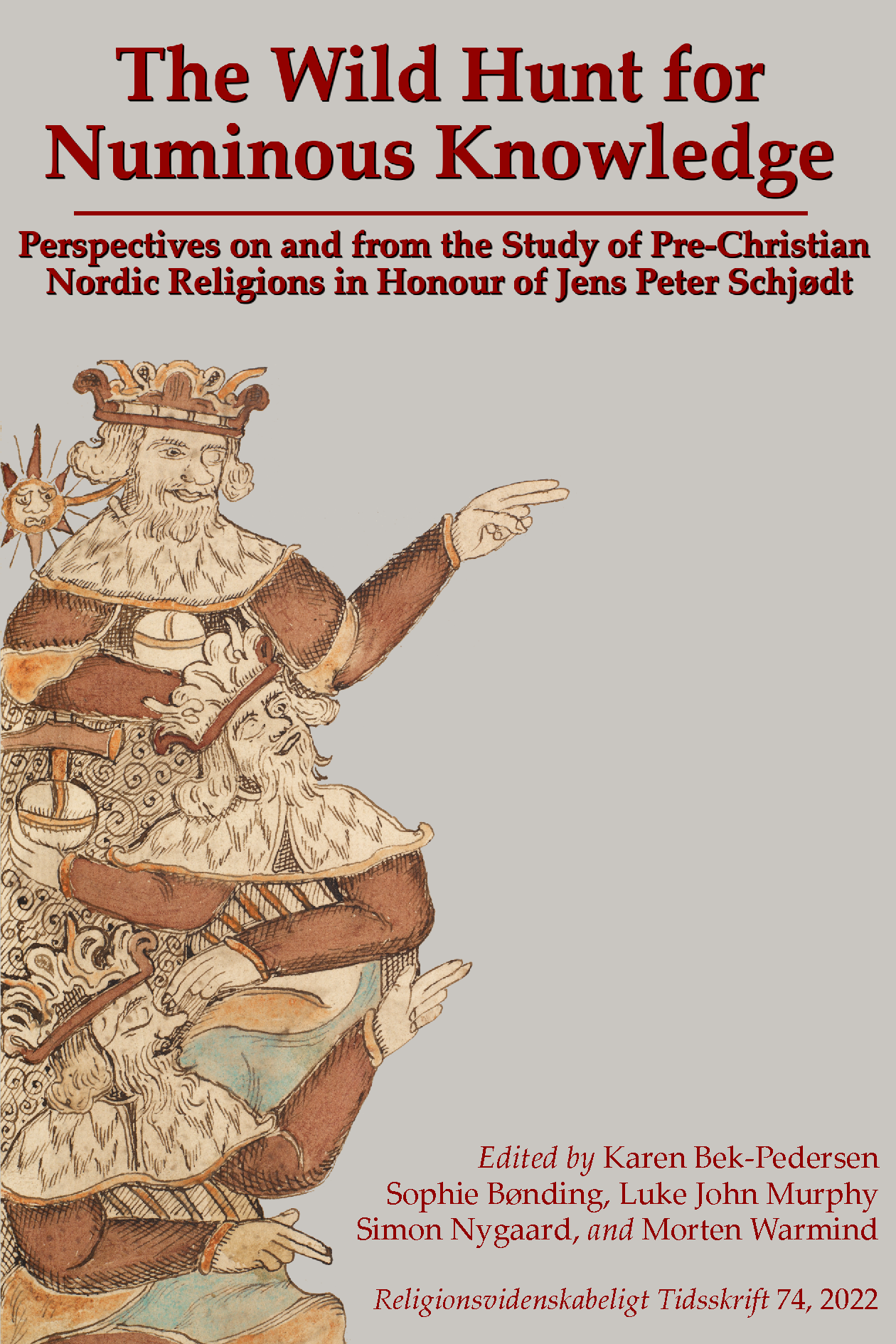The Sacrificial Festival at Uppsala
A Comparative Perspective
DOI:
https://doi.org/10.7146/rt.v74i.132125Nøgleord:
Adam of Bremen, Old Uppsala, animal offerings, human sacrifice, ritual inscriptions, Greco-Roman cult, Iranian traditionResumé
ABSTRACT: The source value of Adam of Bremen’s description of the pre-Christian sacrificial ritual at Uppsala is hotly debated. Some scholars emphasize that it rests on the account of an eye-witness, others that it is a compilation of Christian stereotypes of pagan cult in general. The aim of the present study is to find out what derives from genuine sacrificial cult among the Svear and what is drawn from Christian polemics. A critical analysis of Adam’s text is presented, and the sparse information from other sources on Scandinavian ritual practices is discussed. However, the essential thing is to compare with sacrificial texts, especially inscriptions, from the religions of ancient Europe and western Asia. It is shown that some details in Adam’s description may derive from oral tradition by local informants.
SAMMANDRAG Trovärdigheten i Adam av Bremens notiser om offerkulten i Gamla Uppsala är omdiskuterad. Omdömena varierar alltifrån ett ögonvittnes skildring till ett sammanplock av stereotyper om hednisk kult. Föreliggande studie granskar kritiskt innehållet i Adams notiser. Syftet är att skilja ut vad som bygger på autentisk tradition om svearnas offerpraxis och vad som utgör medeltida schabloner och kristen polemik. Uppgifter i andra källor om förkristen skandinavisk offerkult lyfts fram. Det väsentliga är dock jämförelsen med rituella texter från Europas och Västasiens gamla religioner, särskilt inskrifter. Det visar sig att vissa detaljer i Adams beskrivning kan bygga på muntlig tradition från tillförlitliga informanter.
Downloads
Publiceret
Citation/Eksport
Nummer
Sektion
Licens
Alt publiceret materiale i RvT fra og med nr. 75 (2023) er underlagt en CC BY 4.0 licens, og forfatteren har ophavsretten dertil.
Forfatteren og RvT deler ophavsretten til materiale publiceret inden nr. 75





